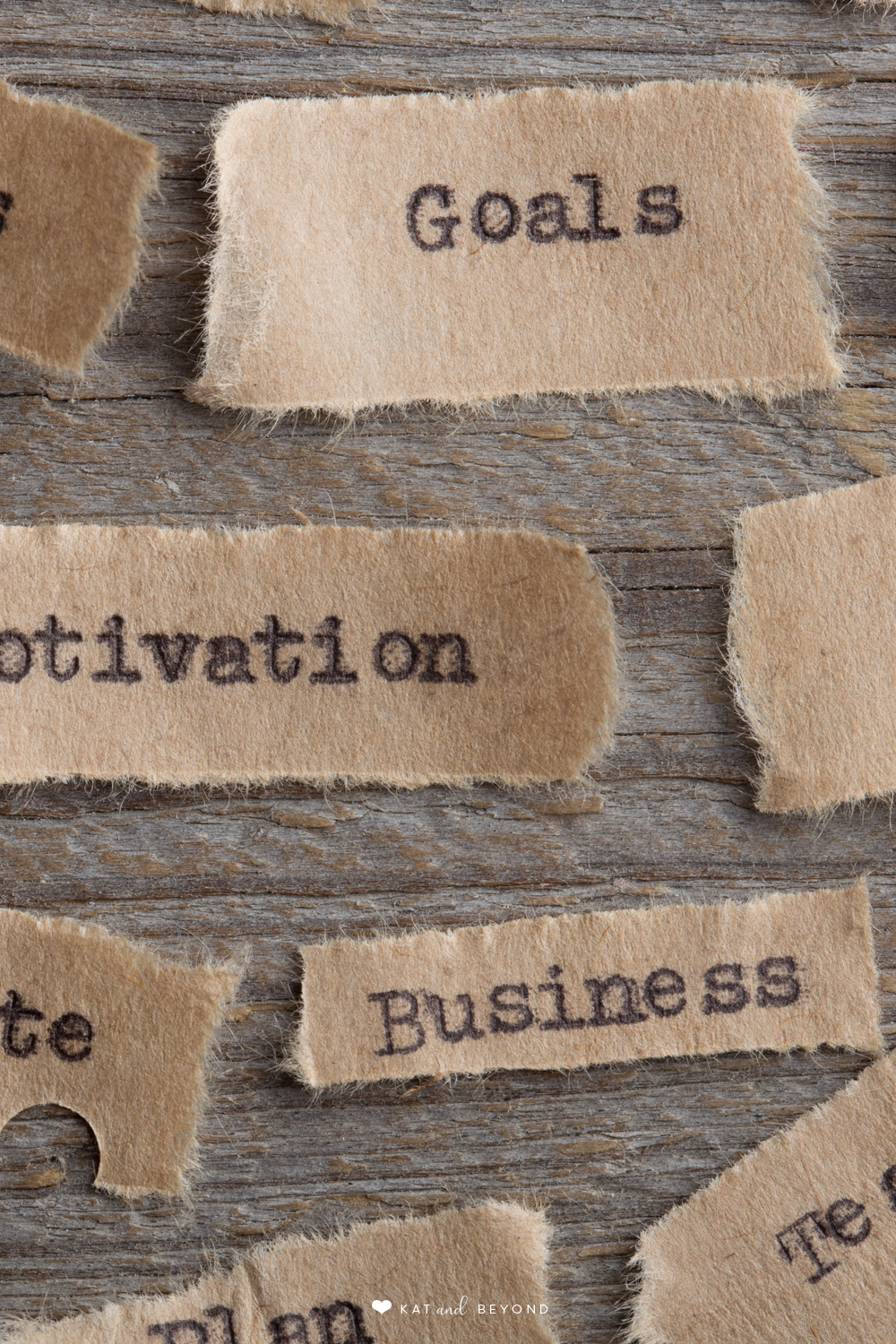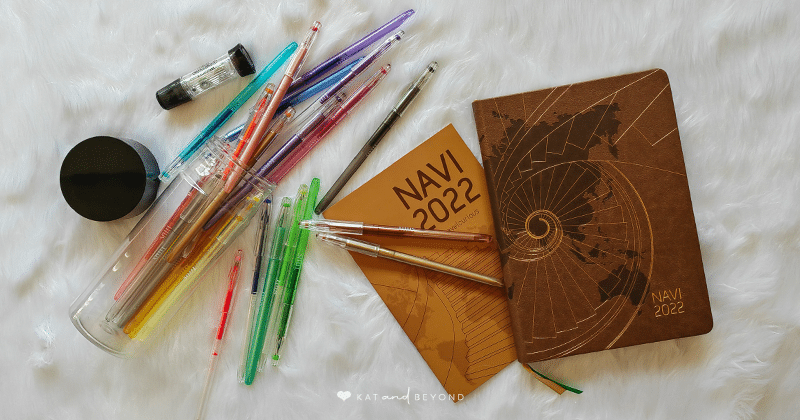Performing a personal annual review is an excellent way to assess your life progress, learn lessons, and plan goals for the upcoming year. Thus, analyzing your life before the year ends matters to start the year right on track. But wrapping up how your year went is not that simple.
So keep reading as we share how to make a personal annual review and the questions to ask yourself as you reflect on the previous year!
Why Perform a Personal Annual Review Starting in 2023
Before we dive into the steps, let’s first highlight the importance of performing a personal annual review. One of the main benefits is the ability to identify and understand your weaknesses, allowing for personal growth and self-improvement. Additionally, conducting an annual review improves self-reflection and promotes an understanding of the progress made over the past year

Moreover, it helps you to determine what you truly desire, so you can plan how to turn your dreams into reality. Most of all, an annual review helps set realistic goals you can achieve in the upcoming year.
In short, an annual review is essential in tracking goals and learning about yourself. So self-reflect and start making positive changes if you haven’t done an annual review yet.
How To Make A Personal Annual Review
It’s that time of year again, time for a personal annual review. Whether you’re a recent grad, a seasoned professional, or somewhere in between, a personal annual review is a great way to reflect on the past year and plan for the future.
It is an opportunity to take a step back and assess where you stand in terms of your career, personal development, and overall well-being. It allows you to identify your strengths, weaknesses, and areas of improvement, and to set specific and realistic goals for the future.
A personal annual review is not just a one-time task, it is a continuous process that helps you to stay motivated, focused and on track throughout the year. It is a valuable tool for anyone who wants to take control of their personal and professional growth.
It’s a chance to evaluate your progress, celebrate your successes, and make a plan for how to continue moving forward. So, don’t wait, take the time to do your personal annual review and set yourself up for success in the coming year.
Set The Groundwork
The first step to an annual review is to set the groundwork. Before you proceed with self-reflection, ensure you have the following:
Pen & Paper (Computer/Phone)
Personally, I prefer using pen and paper for my annual review because it allows me to physically write out my thoughts and ideas, which can help me better organize and process them. Additionally, the act of writing by hand has been shown to improve memory and comprehension, making it an effective method for reviewing and reflecting on the past year.

No matter what option you prefer, it’s important to choose the method that best suits your lifestyle and stick to it. This will help ensure that you are able to consistently and effectively document your thoughts and reflections on the past year, and that you are able to use your review as a tool for personal and professional growth.
Whether you prefer writing by hand, typing on a computer, or using a mobile device, the most important thing is to choose the method that works best for you and that you feel comfortable using. Additionally, you should also consider other factors such as accessibility, portability, and ease of use when making your decision, to make sure that you are able to complete your annual review in a timely and efficient manner.
Allot Hours Of Uninterrupted Time
Writing an annual review is not a one-sitting activity. So it is ideal to allot hours of uninterrupted time for a couple of days. Although some may be able to finish their annual review in a day or a few hours, the key is to self-reflect without any distractions.
For instance, you can silence your mobile phone or turn off the TV. If you’re living with your family or in a noisy area, you can put your headphones on and play calming music. You can also visit a nearby park or café and conduct your annual review.
Collect Diaries, Journal, & Notes from The Previous Year
While your memory can help when performing an annual review, it’s more reliable to base it on your diaries, journals, and notes. Collecting all the saved records allows you to focus and not miss any lessons and memorable events.

So before you write an annual review, gather all relevant information and records from the past year. It can be records of your purchases or pictures from your mobile phone reminding you how you changed and events.
Remember, anything that can trigger your memories from the previous year will come in handy for annual reviews.
Assess The Previous Year
The next step to writing an effective annual review is to assess all the lessons you have learned in the past year. Reflect and evaluate yourself and use it as a foundation in planning for the upcoming year. To perform a mindful reflection, focus on the present moment.
Take a deep breath and ask yourself what you want to do next. In addition, you can write down how you’re feeling to help you reset your mind. Then, review your notes and journal from the past year to determine the goals you have accomplished or missed.

You can also take note of your life’s lowest and highest points in the past year. However, if you don’t have a journal or diary, look back on your memory and focus on the most memorable moments. Going over your mobile phone photos or email history can also help.
To help with self-reflection, you can answer the following questions regarding personal and professional development that you feel are relevant to your life:
- What hurdles did you encounter in the previous year?
- How did you overcome these obstacles?
- What qualities do you have that helped you overcome these problems?
- What attributes do you possess that aided you in overcoming these challenges?
- Can you share the lessons you’ve gained from these hurdles and how they’ve impacted you?
- What were some of the most joyful moments you experienced in the past year?
- What self-discoveries did you make during the past 12 months
Keep in mind these questions only help with self-assessment. These don’t define you nor dictate what your future will become. So answer truthfully to make the necessary changes and understand yourself even better.
Move Forward With The Lessons
After doing a recap, the next step is to ask yourself what the previous year has taught you. Recall the lessons you have learned from your mistakes and the obstacles you have encountered. Review your answers to appreciate the lessons and surprises of the bygone year.
Ponder how your struggles have changed your perspective in life. Then, use these lessons as you move forward and change for good. You can also carefully answer the following questionnaires to prepare you for the upcoming year:
- What are your long-term goals or aspirations?
- In the past year, which skills have you acquired that have helped you to grow?
- Do you have a rough idea of when you expect to achieve your objectives?”
- Are you willing to go out of your comfort zone?
- Are you controlling your life or someone else?
Moreover, your answer to these questions gauges your self-development and how to deal with the people around you. If someone controls your life, it’s time to cut ties with that person when they hinder you from achieving your goals.
Carrying the lessons from your mistakes and difficulties will help you grow. So don’t feel depressed about setbacks and failures.
Set Habits & Goals
Finally, a personal annual review won’t be complete without setting new habits and goals you want to achieve in the upcoming year. Once you have evaluated yourself and realized the lessons you have learned, this step is easier to do.
But don’t get me wrong. Setting goals and habits do take time. Thus, self-assessment is vital to clearly determine your goals and habits since it helps you understand your priorities in life. It serves as your road map to kickstart the year ahead, which is the purpose of an annual review.
As a whole new year approaches, it’s important to take the time to reflect on the past year and identify areas for growth and improvement. Setting clear and achievable goals for yourself and establishing positive habits that will help you reach them is one of the best ways to start the new year off on the right foot. Here are some simple yet effective ways to make this happen:
Make a list of goals you hope to achieve for the whole year. It can be anything, like losing weight, buying a new watch, or going on a beach vacation. You can also list them in order depending on your priorities or note them on your calendar to stay on track.

List the habits you want to do every day for the entire year. If you have bad habits, you can also list them and change them with something good. Additionally, you should set habits that benefit your chosen path and goals.
When To Do A Personal Annual Review
Considering a personal annual review is an assessment of the entire year, the best way to perform it is during the last week of the year. If you’ve already accomplished all your goals and plans for the whole year, you can also start doing your annual review earlier.
On the other hand, you can do a personal annual review on the first week of the year if you are too busy or relaxing during the holidays. You can also evaluate your notes and make changes to your plans if something unexpected occurs.
So no matter when you do a personal annual review does not matter. As long as there are significant changes in the year, you can perfectly do a personal annual review.
The Benefits of Reflecting on the Past Year
In summary, a personal annual review helps you analyze the previous year, from the lowlights to highlights of your life. It enables you to understand your strength and weaknesses. You will also gain a better perspective to make the year ahead more fruitful.
Furthermore, your annual review is a way to track your goals. Although you don’t have to be obsessive, as some may not be realized in a year, annual reviews give you a clearer view of the upcoming year.

If some of your answers from our questionnaires make you feel disappointed, don’t lose hope and blame yourself. An annual review is a way to help you embrace your failures and improve yourself. So celebrate big and small wins and welcome the year ahead with hope and courage!
Join the Conversation: Share Your Thoughts and Experiences
Also, note that this article is based on my research and experiences. Thus, some tips and advice may apply differently to different individuals based on their unique circumstances. It is important to take this into consideration when reading and applying the information presented in this article.
I encourage my readers to seek professional guidance if they have any doubts or concerns about how the information may apply to them. Additionally, I highly value the input and feedback of my readers. If you have any questions or would like to share your own experiences, please leave a comment below.
Your input and feedback are valuable to me and I welcome any thoughts or suggestions you may have. Your participation can also help others who may be going through similar situations. I look forward to hearing from you.







 Buy me a Coffee
Buy me a Coffee 

 Buy me a Coffee
Buy me a Coffee 










